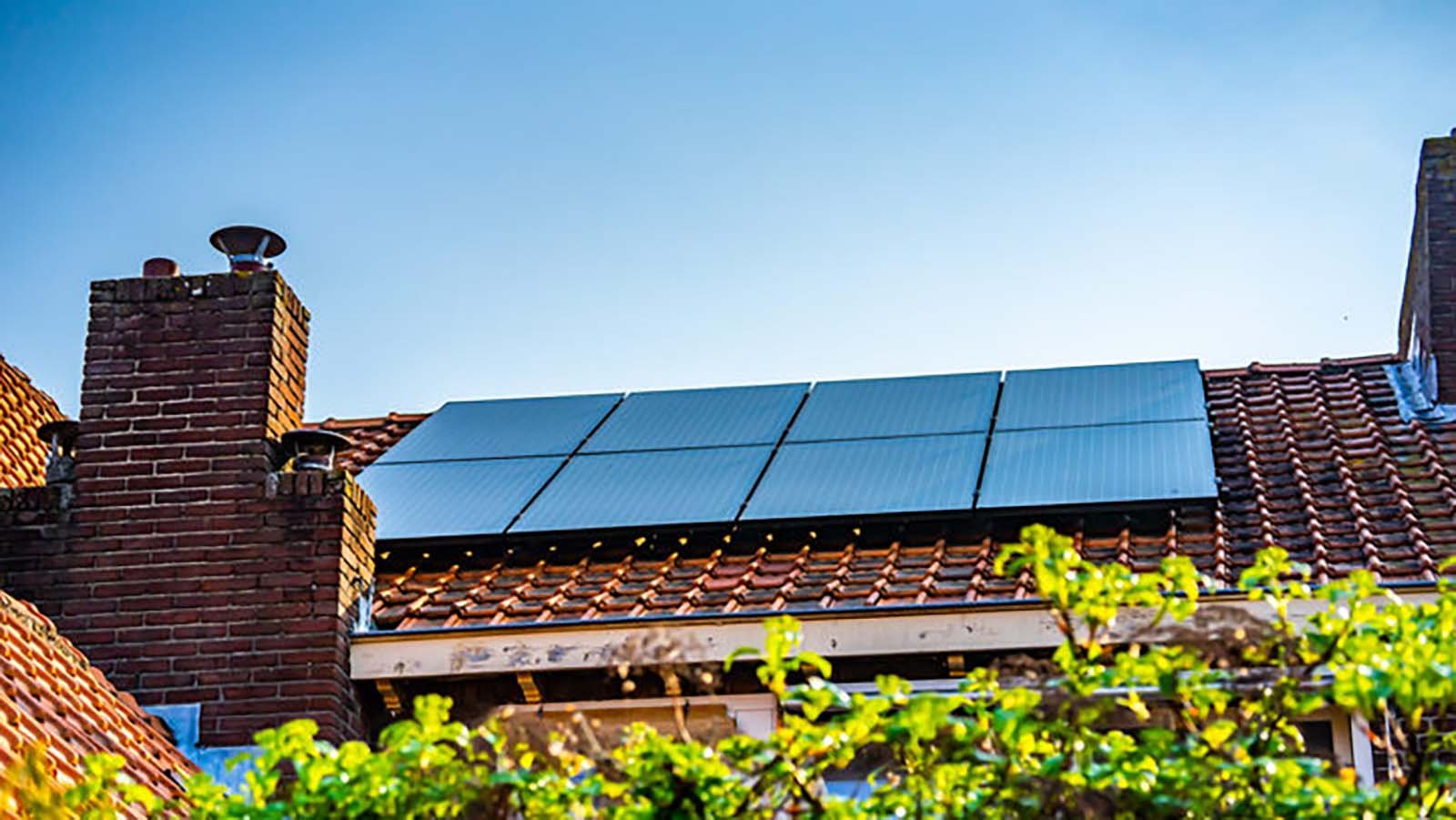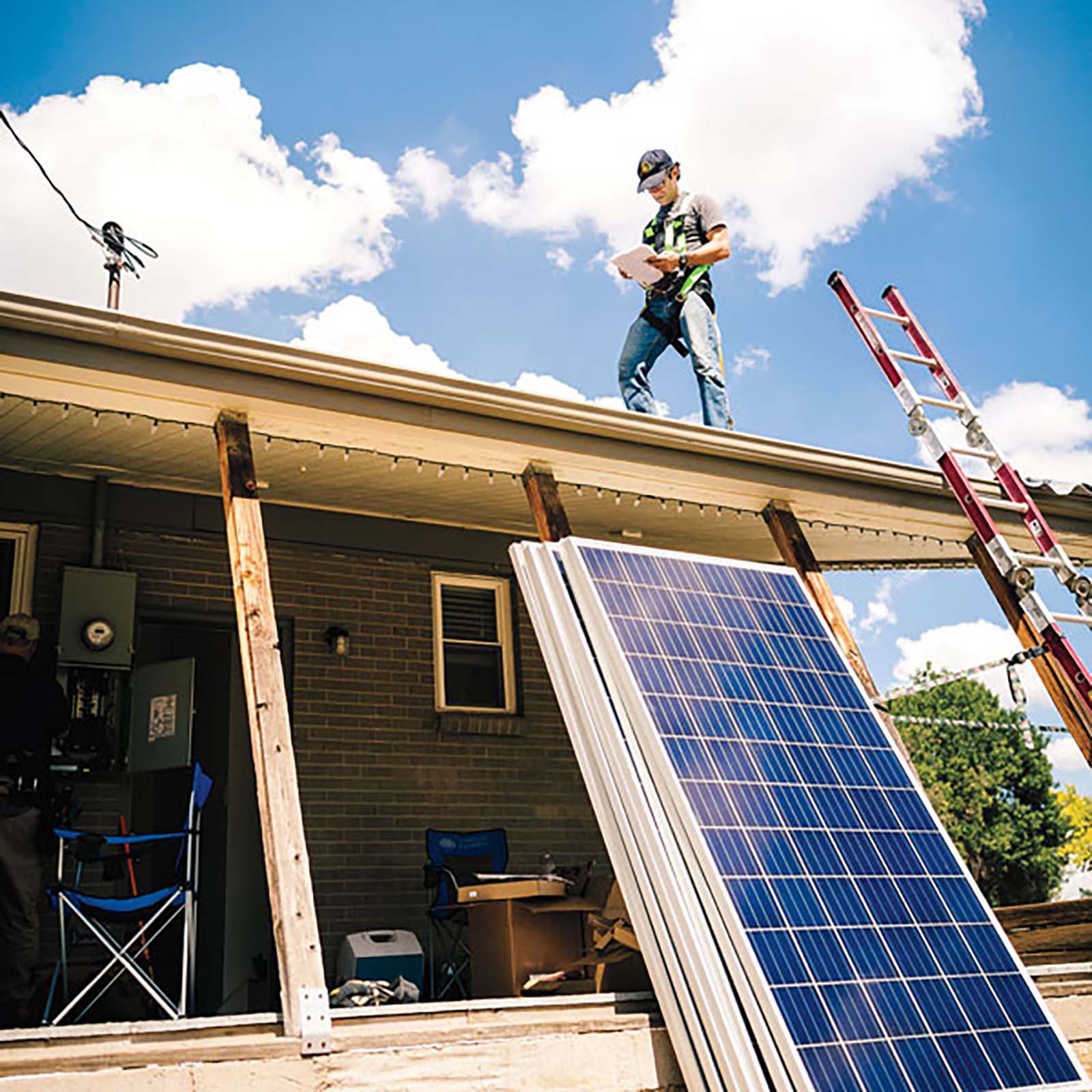Home energy storage systems, also known as residential energy storage, are becoming increasingly popular as a way for homeowners to store and use their own renewable energy. These systems typically utilize batteries to store excess energy from sources such as solar panels or wind turbines, allowing homeowners to use that energy during times when their renewable sources are not producing enough power, such as at night or on cloudy days.

Types of Home Energy Storage Systems
There are several different types of home energy storage systems available on the market today. The most popular type is lithium-ion batteries, which are commonly used in electronic devices and electric vehicles. Other types of batteries, such as lead-acid and flow batteries, are also used in some home energy storage systems.How Home Energy Storage Works
When renewable energy sources like solar panels or wind turbines produce more energy than is needed at the time, the excess energy is stored in the home energy storage system’s batteries. This stored energy can then be used to power the home when the renewable sources are not generating enough power.Charging and Discharging
During times when the renewable energy sources are producing more energy than is being used in the home, the excess energy is used to charge the batteries in the home energy storage system. When the renewable sources are not producing enough energy, the stored energy in the batteries is discharged to power the home.
Grid Interaction
Some home energy storage systems are also capable of interacting with the electrical grid. During times when renewable sources are producing more energy than is needed and the batteries are fully charged, the excess energy can be sold back to the grid. Conversely, when the renewable sources are not producing enough energy and the batteries are discharged, the home can pull energy from the grid.Monitoring and Control
Many home energy storage systems are equipped with monitoring and control systems that allow homeowners to track and manage their energy usage. This can include features such as smartphone apps that provide real-time information on energy production and consumption, as well as the ability to remotely control the system.Benefits of Home Energy Storage
There are several benefits to installing a home energy storage system. One of the primary benefits is the ability to store excess renewable energy, which can reduce a homeowner’s reliance on the electrical grid and lower their utility bills. Additionally, home energy storage systems can provide backup power in the event of a grid outage, ensuring that essential appliances and devices remain powered.In conclusion, home energy storage systems work by storing excess energy from renewable sources in batteries, allowing homeowners to use that energy when their renewable sources are not producing enough power. With the ability to charge and discharge, interact with the grid, and monitor and control energy usage, these systems offer numerous benefits for homeowners looking to reduce their reliance on traditional energy sources.

